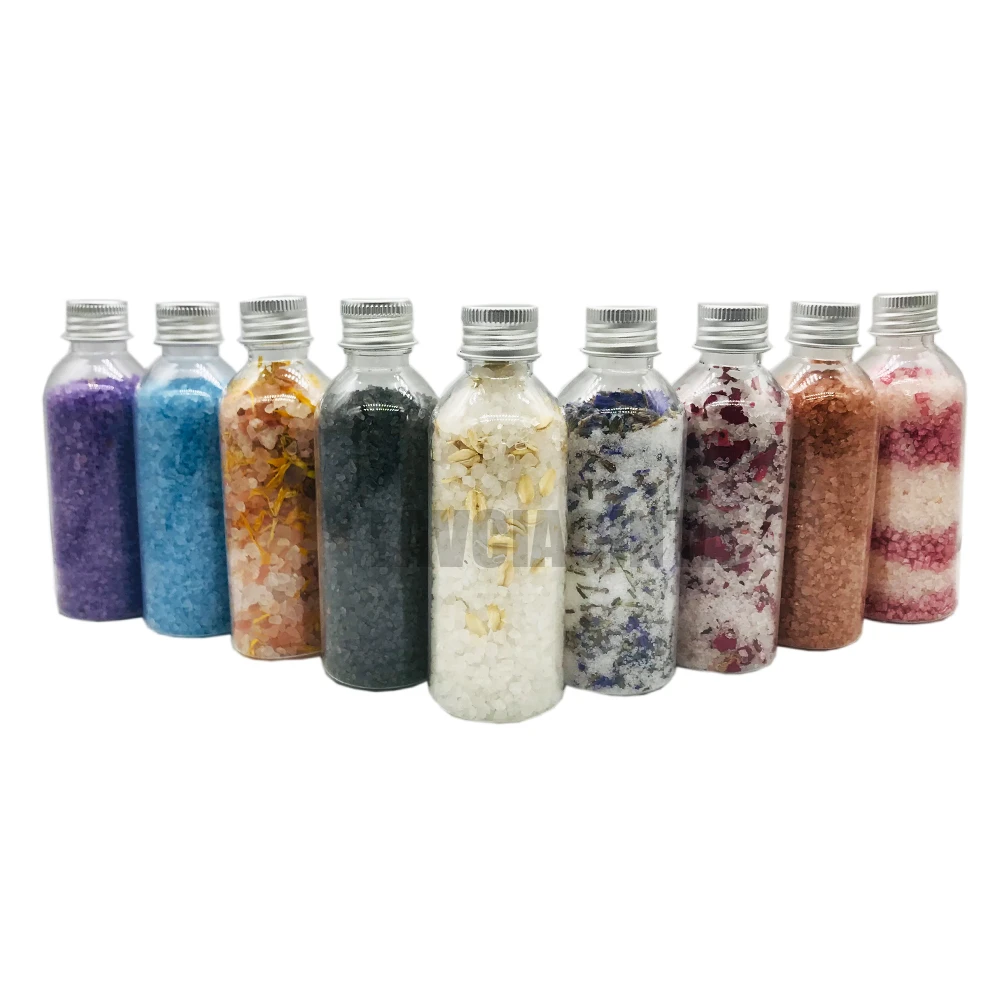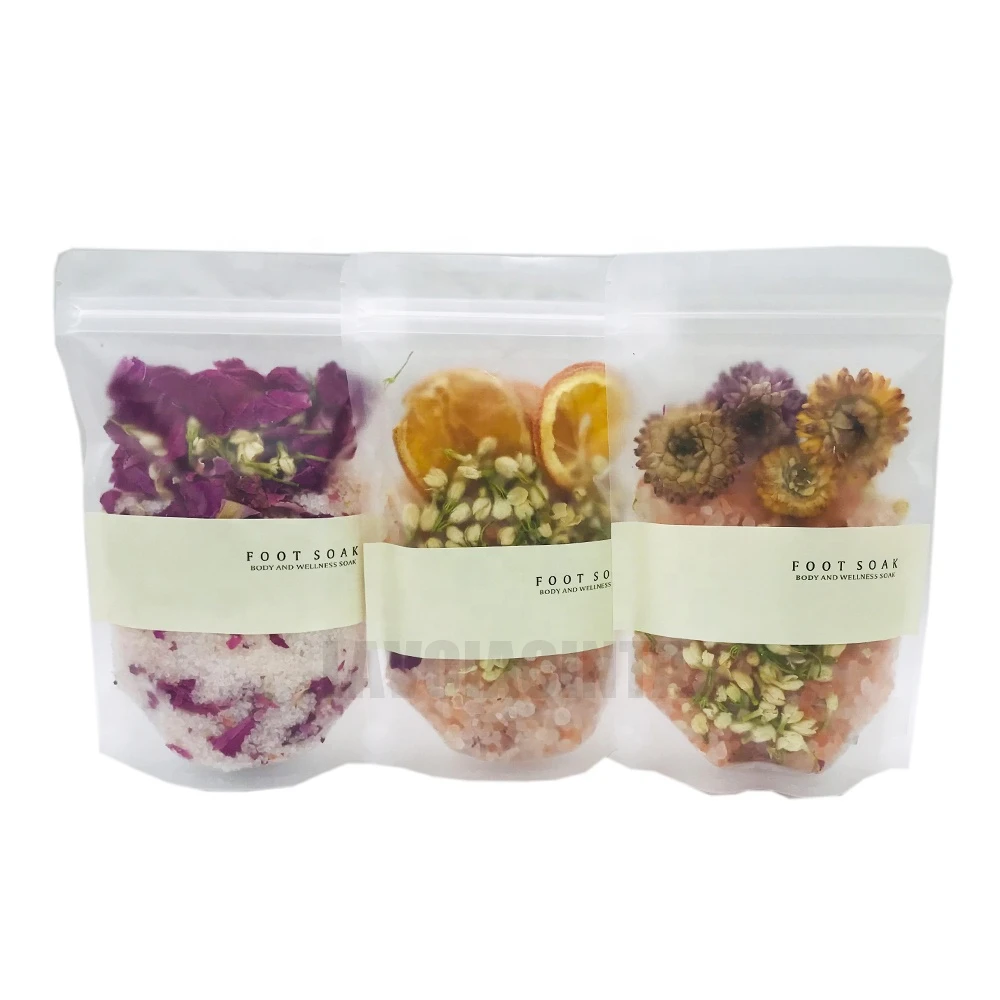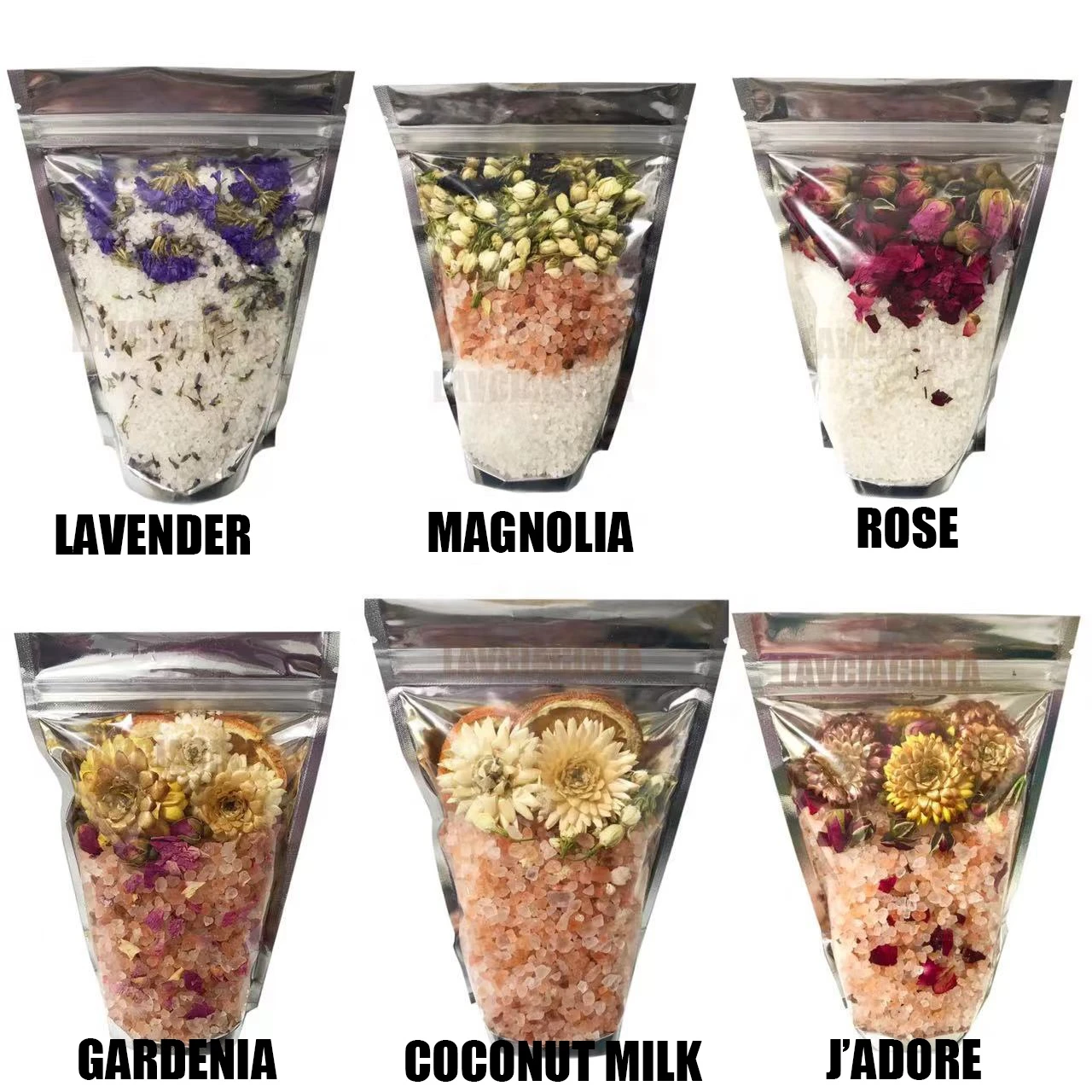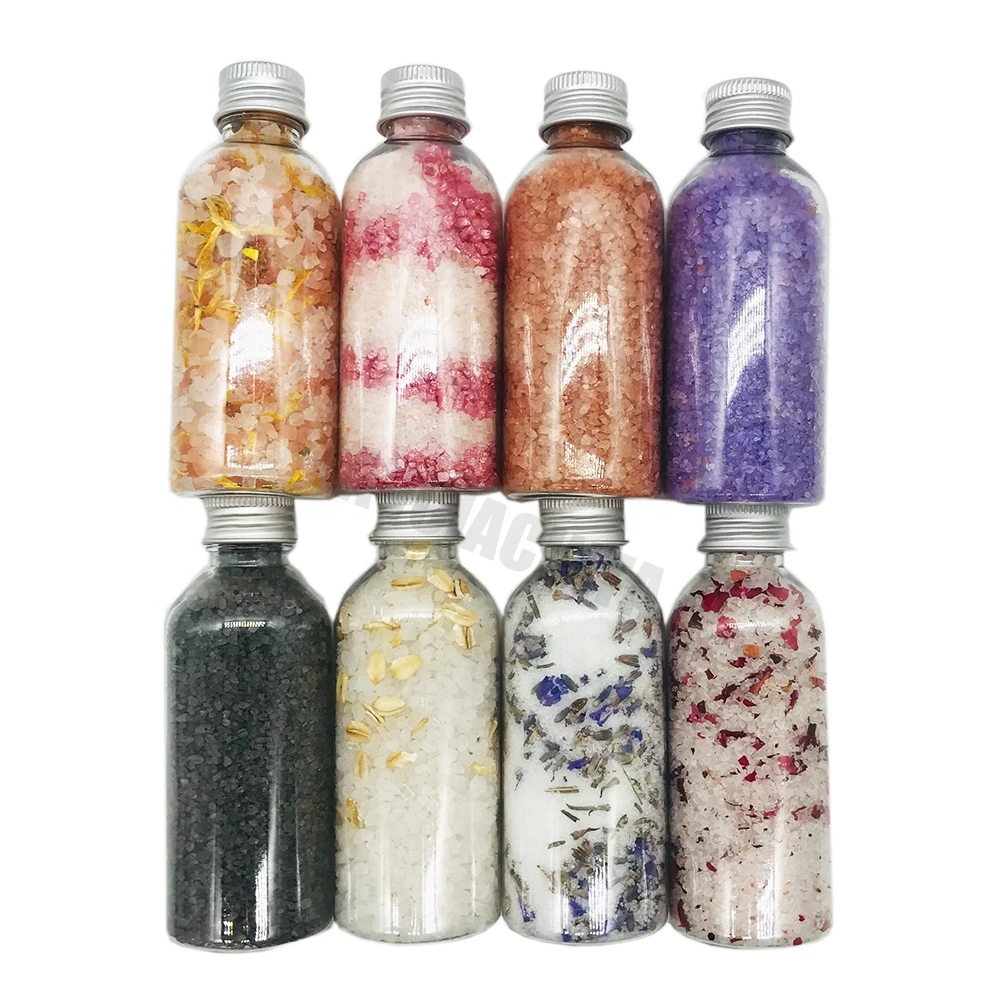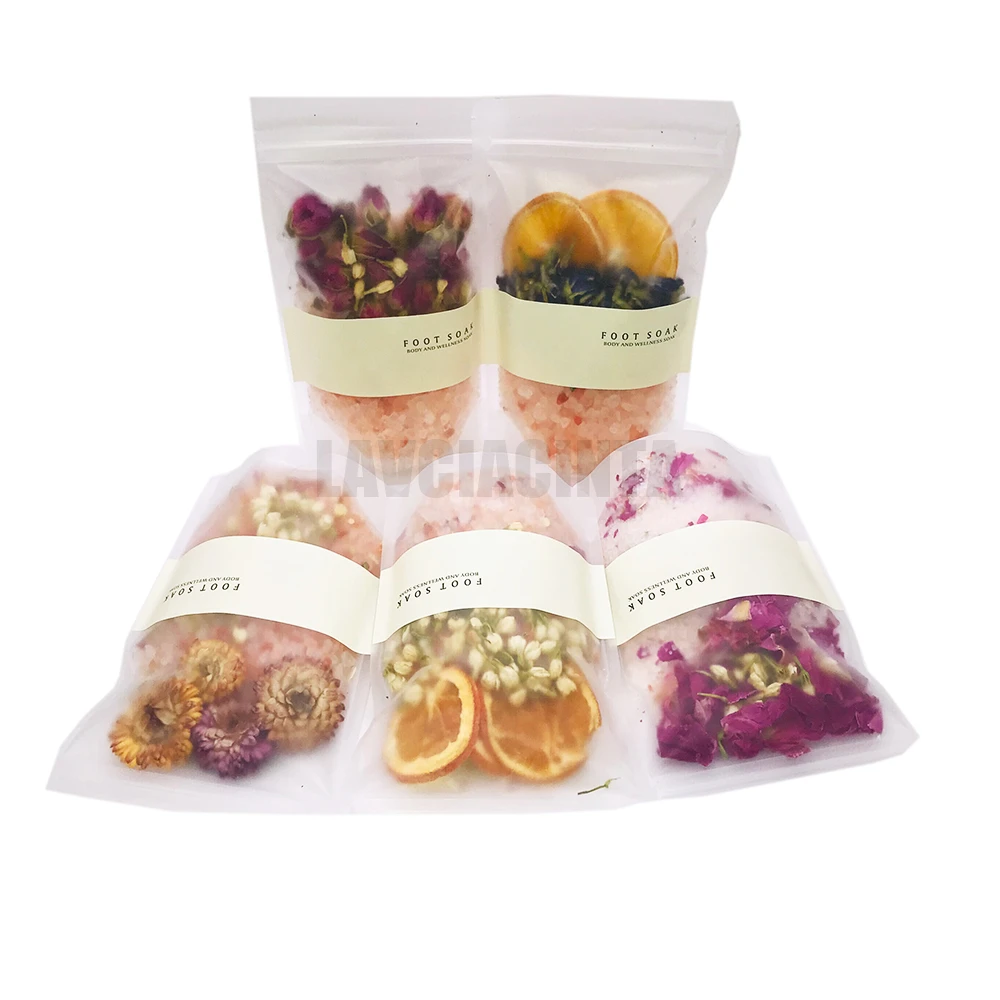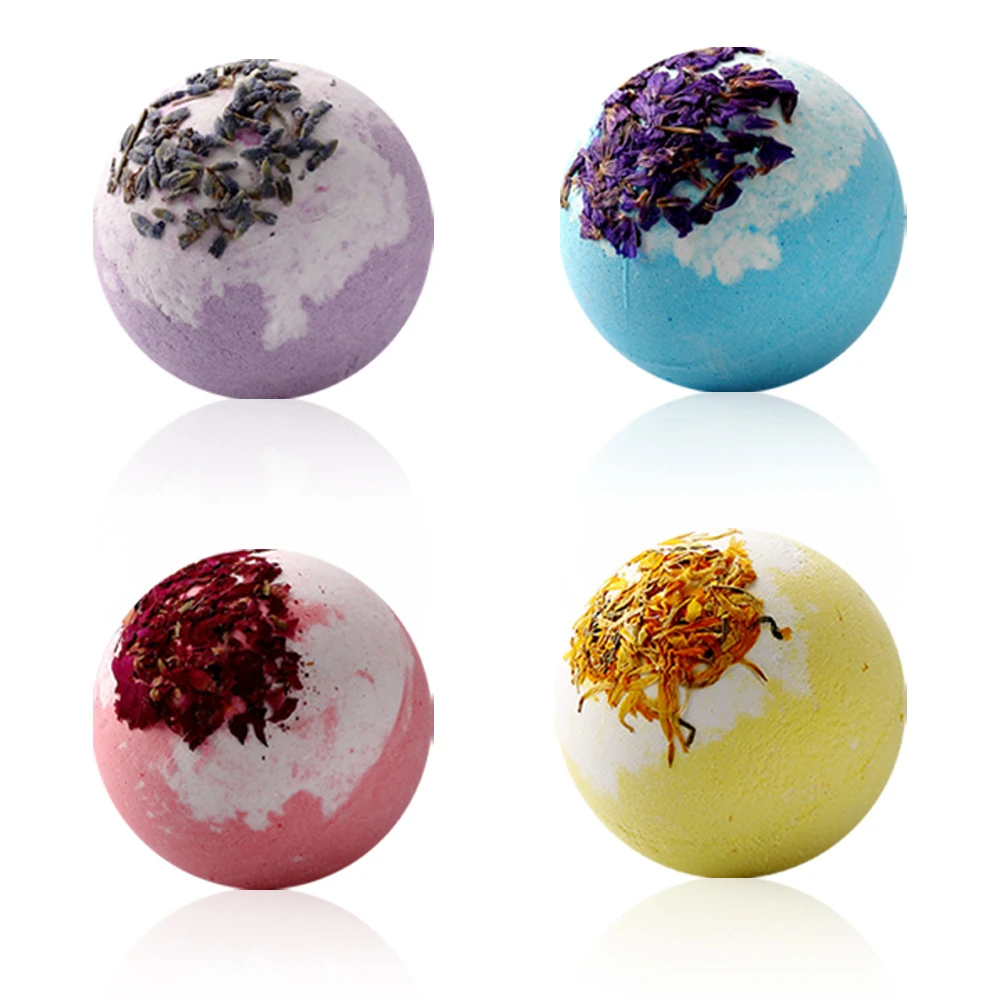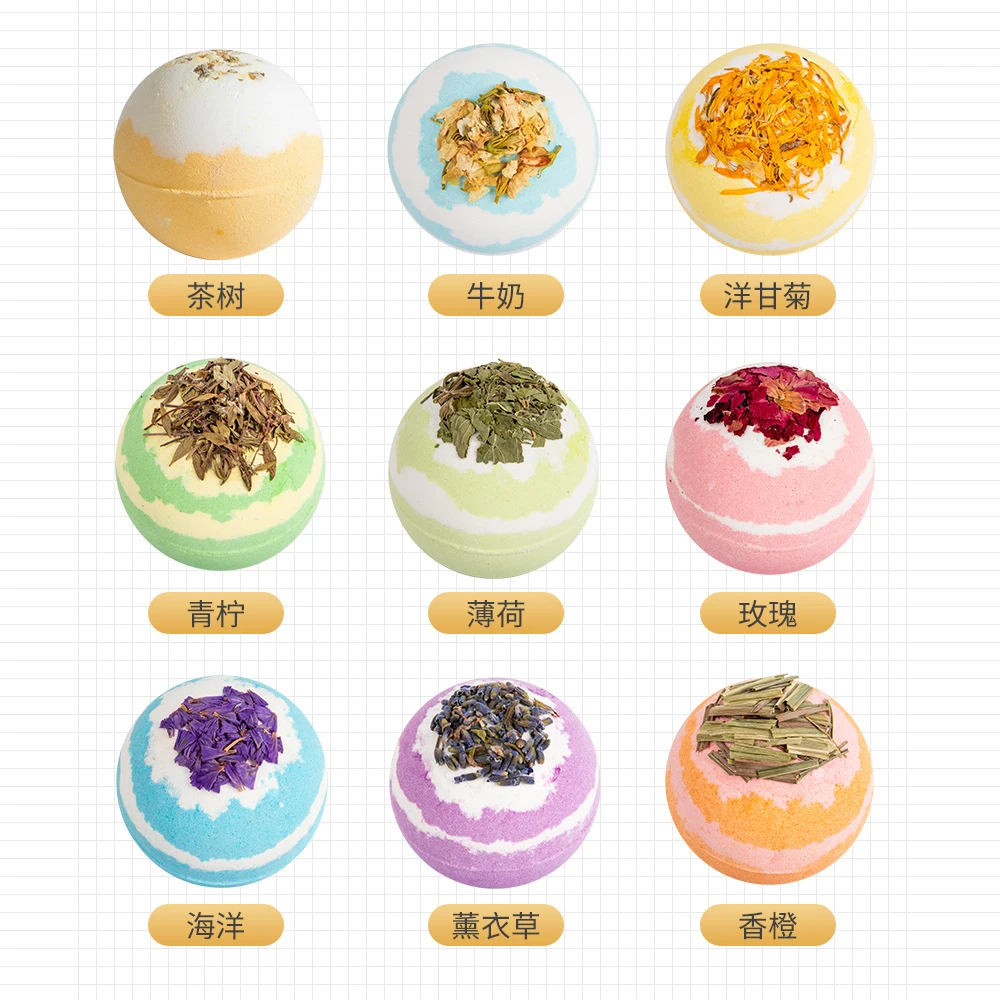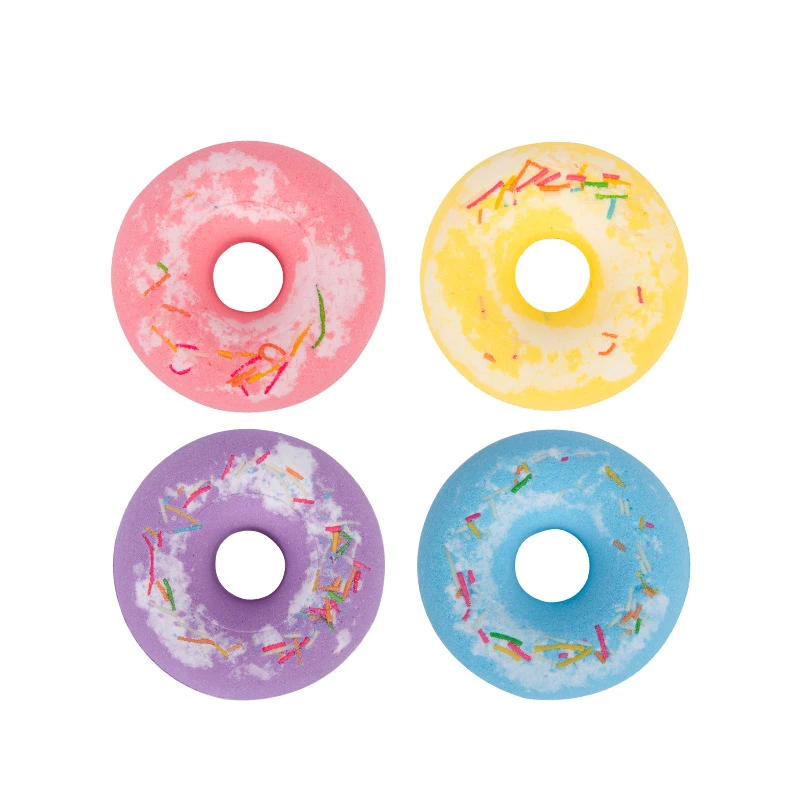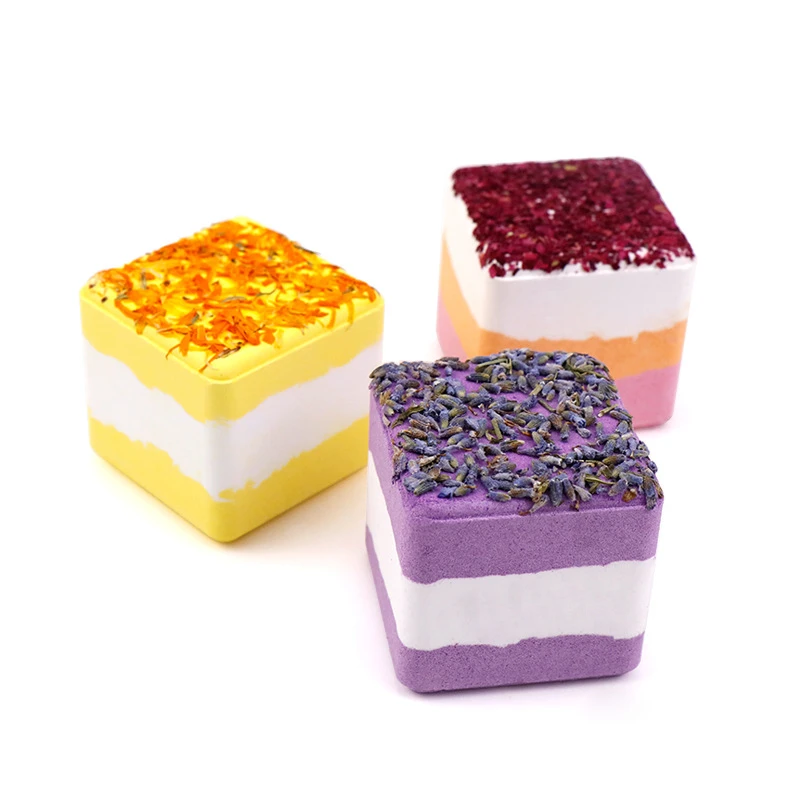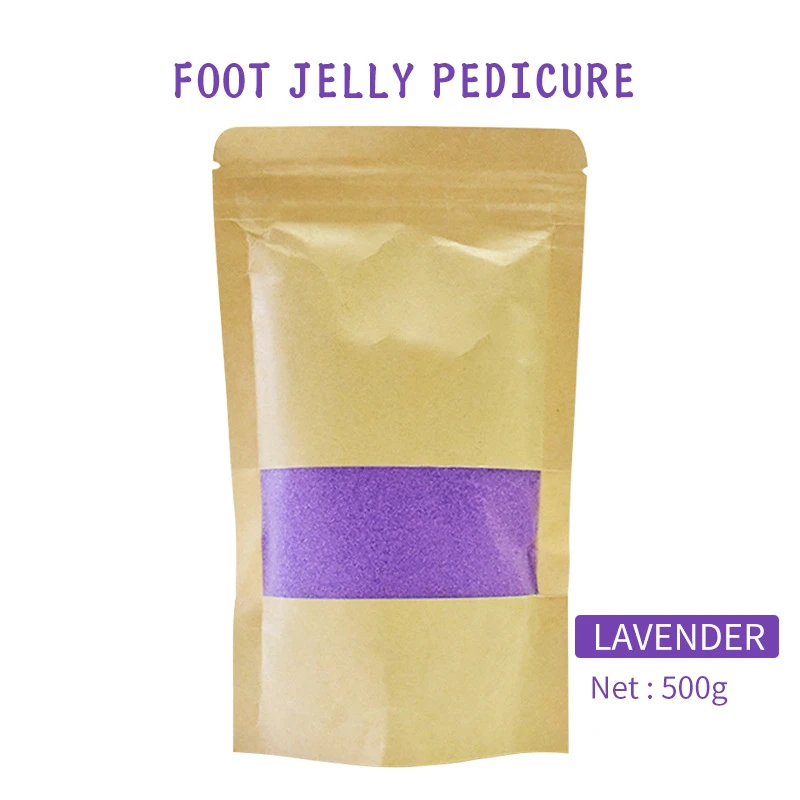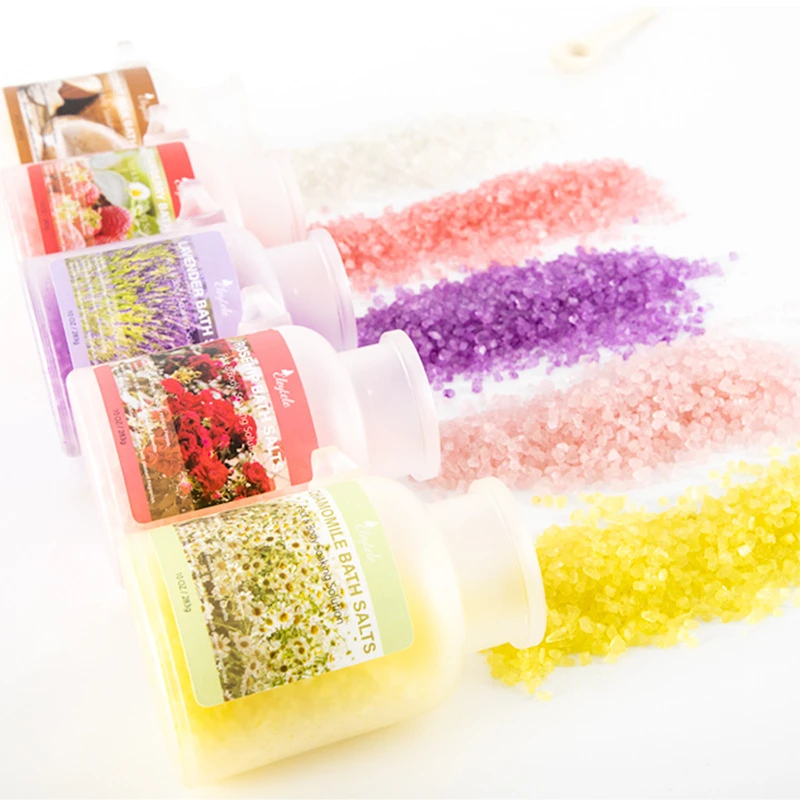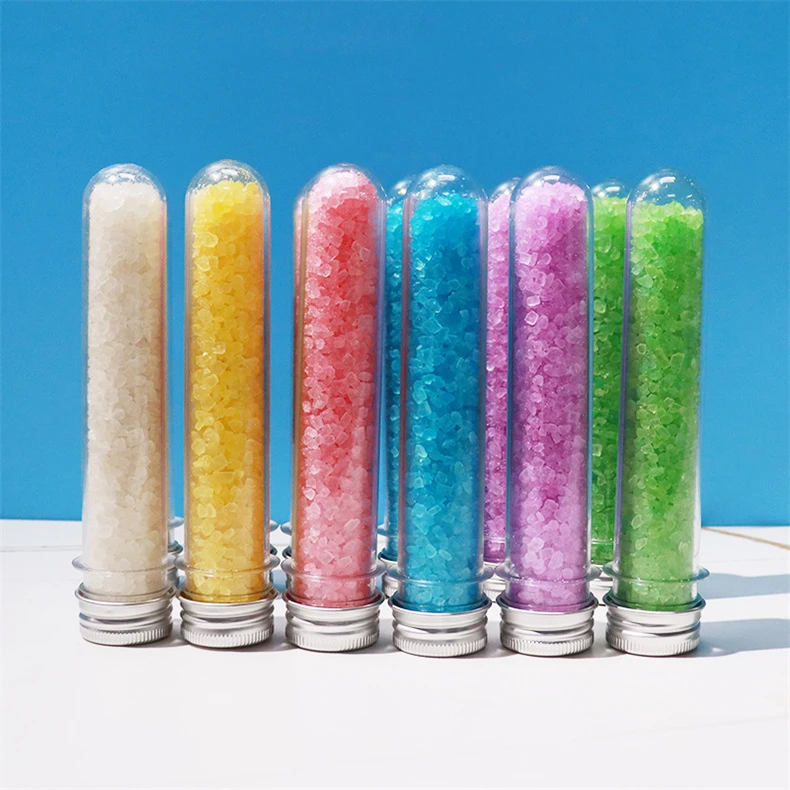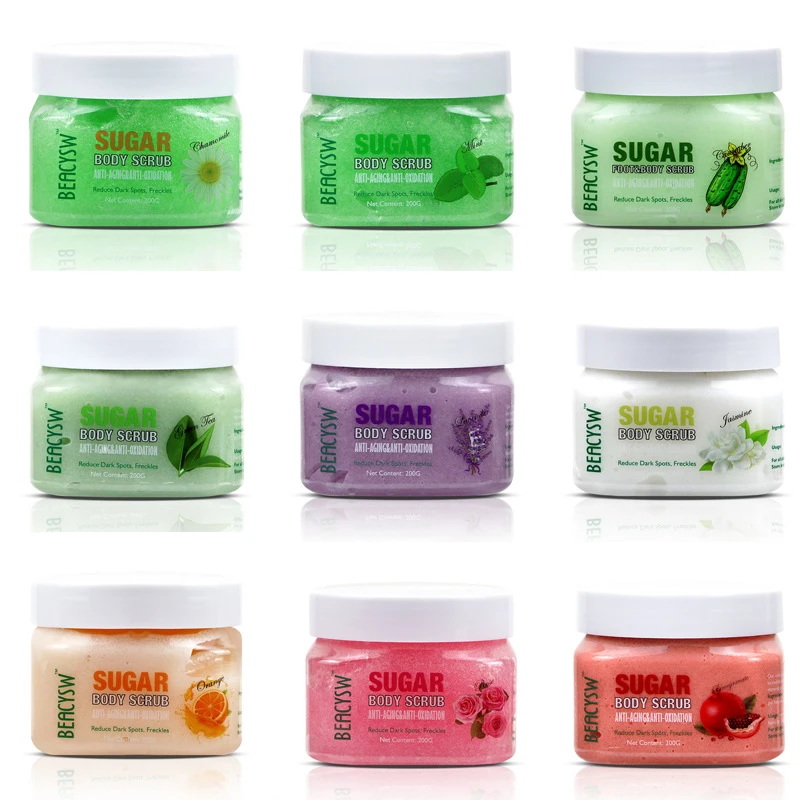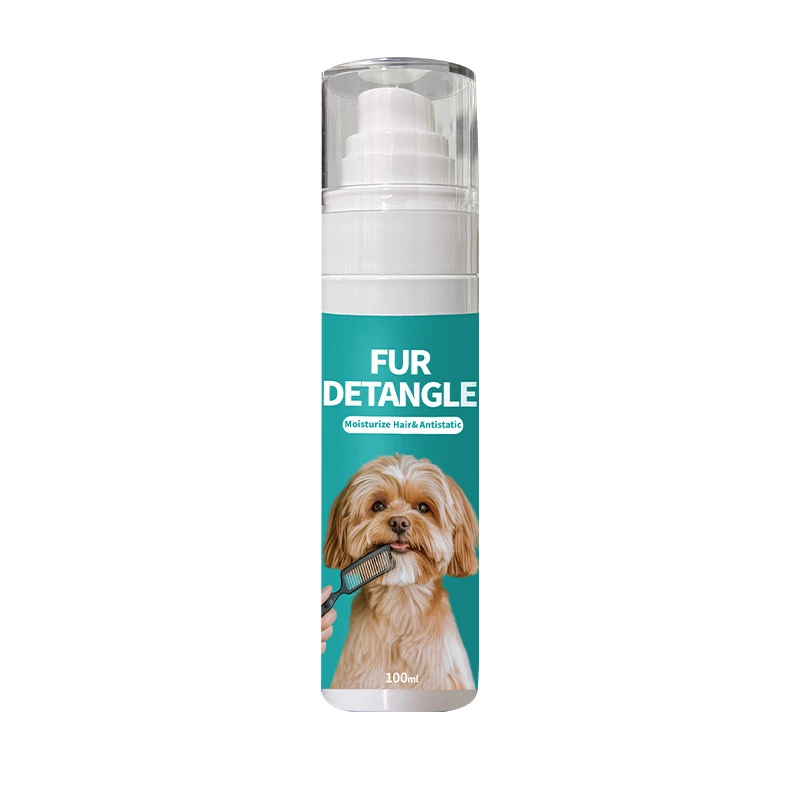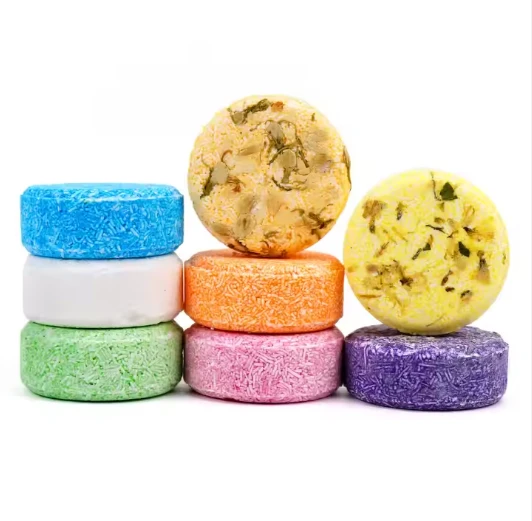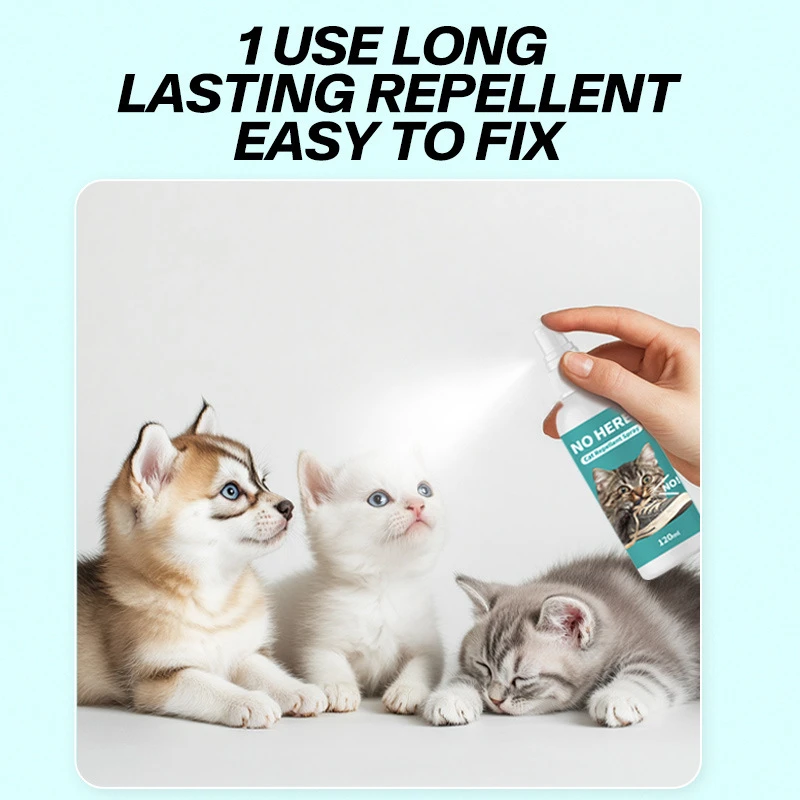Natural Cat Repellent Options
Cats are curious creatures, and while their playful nature is endearing, it can sometimes lead to unwanted scratching, spraying, or digging in off-limits areas. Many commercial deterrents contain harsh chemicals that may harm pets, plants, or even humans. Fortunately, there are natural cat repellent options that effectively keep cats away without risking their health. From cat repellent spray made with essential oils to homemade cat deterrent spray solutions, this guide explores safe, eco-friendly ways to protect your furniture, garden, and home.
We’ll also discuss anti cat scratch spray alternatives that discourage clawing without causing harm. Whether you're dealing with a mischievous house cat or neighborhood strays, these natural methods provide a cruelty-free way to maintain boundaries.
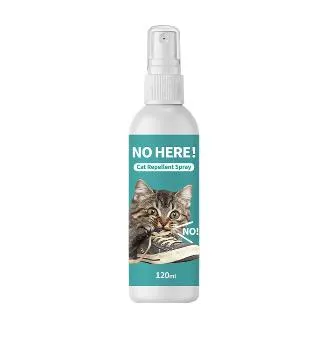
The Reasons Of Choosing Natural Cat Repellent Spray Over Chemical Options
Traditional cat repellent spray products often contain synthetic chemicals like phenols or artificial fragrances that can irritate a cat’s sensitive nose and skin. Some may even be toxic if ingested during grooming. Natural alternatives, on the other hand, rely on scents and textures that cats instinctively avoid, making them safer for pets, children, and the environment.
Benefits of Natural Cat Deterrents:
Non-Toxic – Safe even if accidentally licked or inhaled.
Eco-Friendly – Biodegradable ingredients won’t harm plants or soil.
Cost-Effective – Many can be made at home with common ingredients.
Humane – Repels without causing pain or fear.
Popular natural repellents include citrus peels, vinegar, and certain essential oils, which we’ll explore in detail.
Best Natural Ingredients for Cat Deterrent Spray
If you're making your own cat deterrent spray, these ingredients are highly effective and safe when used correctly:
Citrus Peels (Lemon, Orange, Grapefruit)
Cats dislike the smell of citrus. Soak peels in water for 24 hours, then strain and spray.
White Vinegar
Mix equal parts water and vinegar for a strong-smelling but harmless cat repellent spray. Avoid using on delicate surfaces.
Essential Oils (Lavender, Rosemary, Peppermint)
Dilute a few drops in water and spray. Never use tea tree oil, as it’s toxic to cats.
Coffee Grounds
Sprinkle used coffee grounds in garden beds to keep cats away.
Rosemary or Rue Herbs
Planting these in your garden naturally repels cats.
For an anti cat scratch spray, mix water with citrus essential oils and lightly mist furniture edges.
Essential Oils That Work as Anti Cat Scratch Spray
Many essential oils are natural cat repellents, but some are safer than others. The following oils can be diluted in water to create an anti cat scratch spray for furniture and carpets:
Lavender Oil
Calming for humans but disliked by cats.
Mix 10 drops with 1 cup water for a gentle deterrent.
Rosemary Oil
Strong herbal scent repels cats.
Combine with water and spray on garden plants.
Peppermint Oil
Effective but use sparingly (cats are sensitive to menthol).
Dilute heavily (5 drops per cup of water).
Safe Application Tips:
Avoid direct contact with cats’ fur or paws.
Reapply every few days or after cleaning.
Never use tea tree oil—it’s toxic to cats!
Commercial Natural Cat Repellent Spray Options
If DIY isn’t your style, several cat repellent spray products use natural ingredients:
Plant-Based Sprays
Made with botanical extracts like rue or lemongrass.
Safe for indoor and outdoor use.
Ultrasonic & Motion-Activated Deterrents
Emit high-frequency sounds or bursts of air.
No chemicals needed.
Granular Repellents
Scatter around gardens to create a scent barrier.
Often contain dried herbs like rosemary or citronella.
When shopping, look for pet-safe and biodegradable labels.
FAQs About Natural Cat Repellent Spray
How often should I reapply natural cat deterrent spray?
Most homemade sprays last 2-3 days indoors. Outdoor sprays may need daily reapplication after rain.
Will the vinegar in cat repellent spray damage my furniture or plants?
Vinegar is safe for most surfaces but test first on delicate materials. Avoid using on plants as it can alter soil pH.
Is the essential oil in cat repellent spray safe for cats?
Some are safe when diluted (lavender, rosemary), but others (tea tree, citrus oils) can be toxic. Always research before use.
What’s the best natural cat repellent spray for gardens?
Citrus peels, coffee grounds, or rosemary plants work well. For stubborn cats, try a motion-activated sprinkler.
Can I use these cat repellent sprays around other pets?
Most are safe for dogs, but avoid strong essential oils around birds or small animals with sensitive respiratory systems.
Natural cat repellent spray solutions offer a humane, non-toxic way to protect your home and garden. Whether you choose a DIY cat deterrent spray or a commercial anti cat scratch spray, these methods ensure your furniture, plants, and sanity remain intact—without harming curious felines.
Ready to try a natural approach? Explore our recommended repellents today and enjoy a cat-free zone the safe way!Action speaks louder than words. Come and buy now.The products of our company will not disappoint you.
Antecedens
deinde



